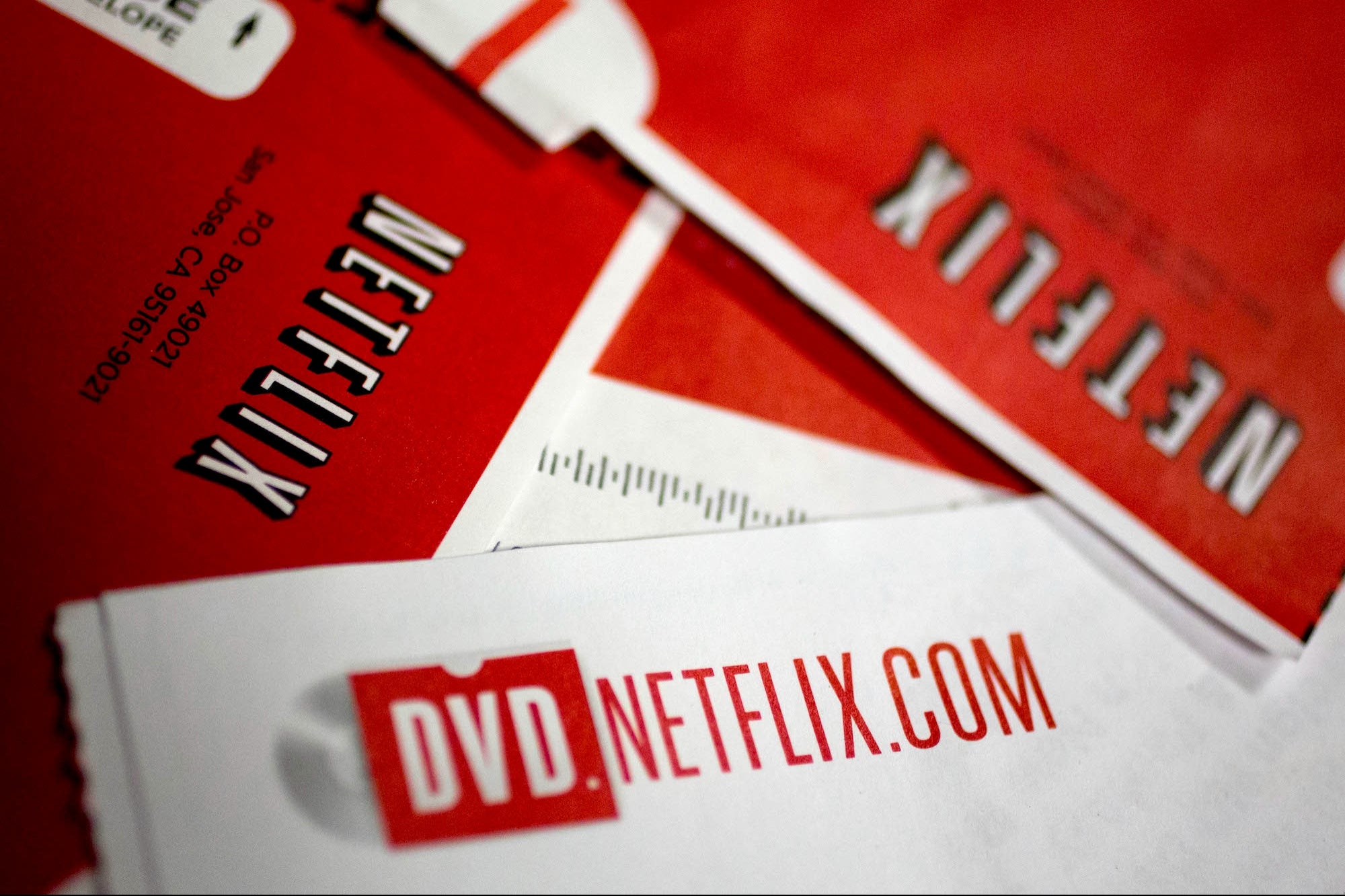Is Google Spying on Students? The Electronic Frontier Foundation Believes So.The computer company is reportedly collecting data through its automatically enabled 'Sync' feature in Chrome.
This story originally appeared onBusiness Insider

Google has allegedly been tracking search histories and other personal information from students,says a new complaint filed by The Electronic Frontier Foundation (EFF) with the Federal Trade Commission.
The EFF claims that Google has been "collecting, maintaining, using, and sharing" data from students who use its Chromebooks in schools, and its educational apps.
Google's "Sync" feature for Chrome is enabled by default on the Chromebooks it sells to schools,according to the EFF. "This allows Google to track, store on its servers, and data mine for non-advertising purposes, records of every Internet site students visit, every search term they use, the results they click on, videos they look for and watch on YouTube, and their saved passwords,"the EFF said in a statement.
The EFF finds this tracking particularly egregious because, in January, Google signed the "Student Privacy Pledge," a "legally enforceable document," which promises that the company won't collect this type of information from students.
"Despite publicly promising not to, Google mines students' browsing data and other information, and uses it for the company's own purposes. Making such promises and failing to live up to them is a violation of FTC rules against unfair and deceptive business practices,"EFF Staff Attorney Nate Cardozo said. "Minors shouldn't be tracked or used as guinea pigs, with their data treated as a profit center. If Google wants to use students' data to "improve Google products,'then it needs to get express consent from parents."
A Google spokesperson provided this statement toBusiness Insider:
“我们的服务使学生学习and keep their information private and secure. While we appreciate EFF's focus on student privacy, we are confident that these tools comply with both the law and our promises, including the Student Privacy Pledge."












